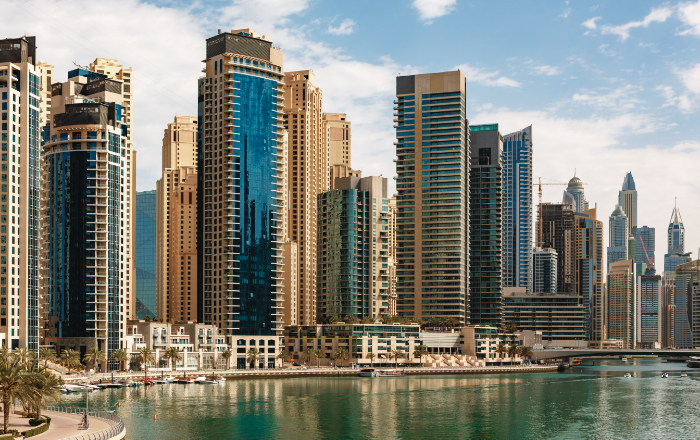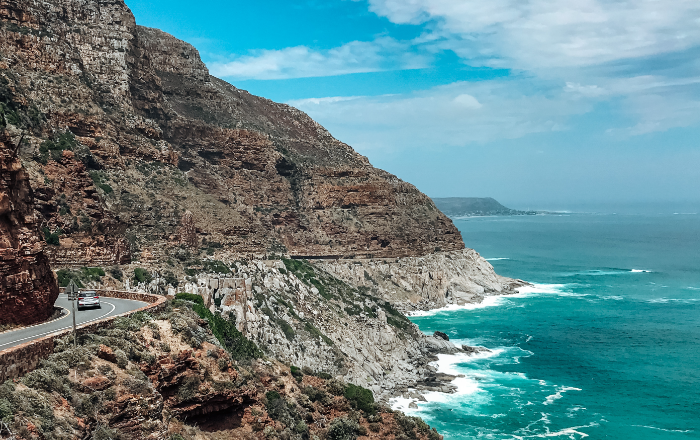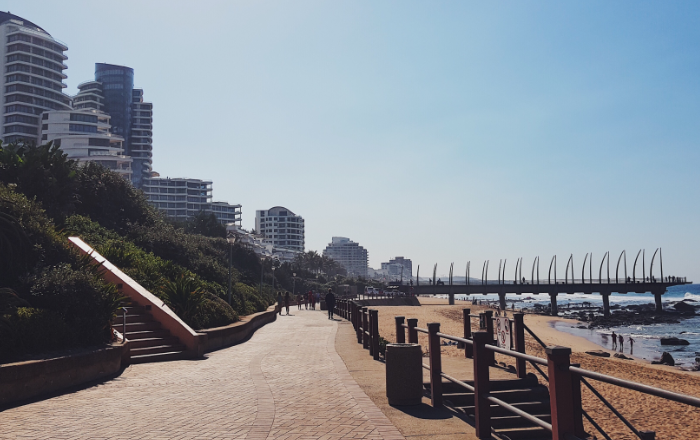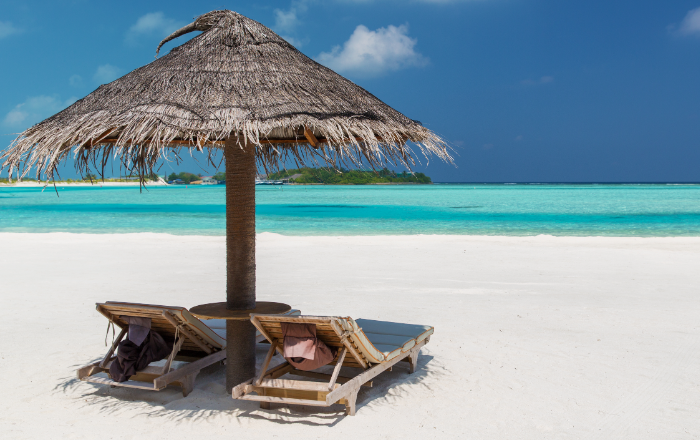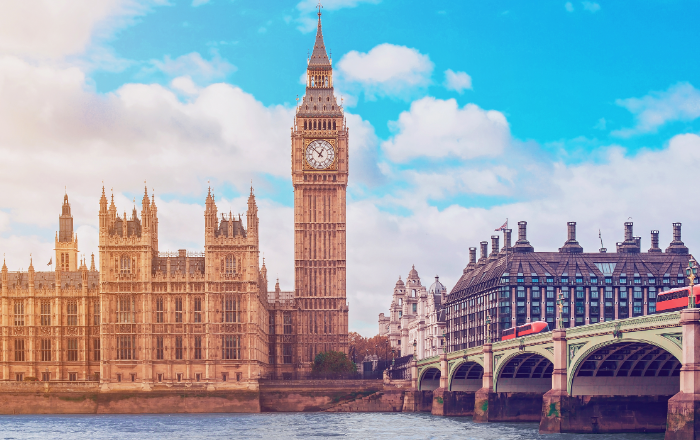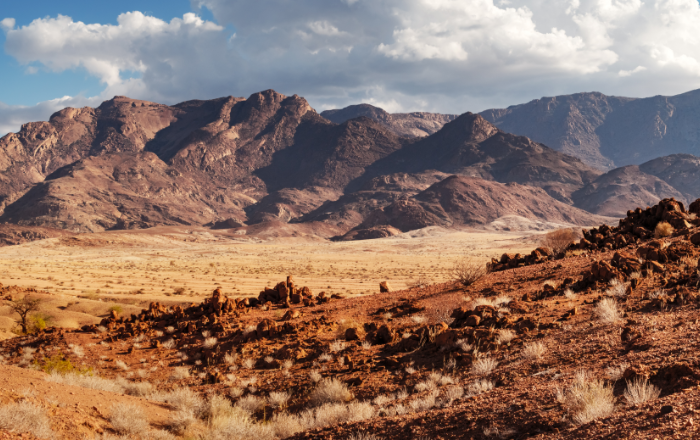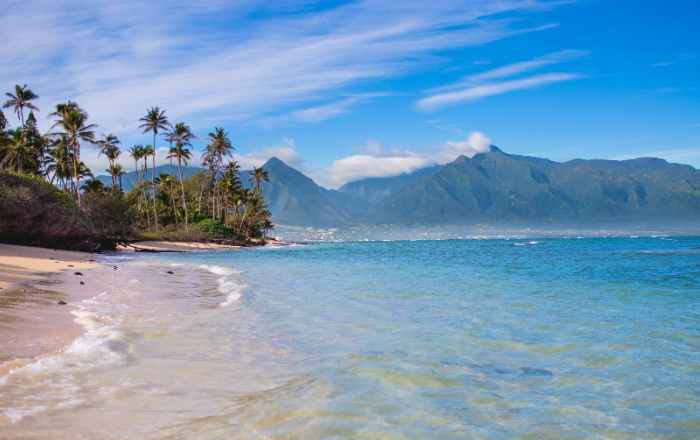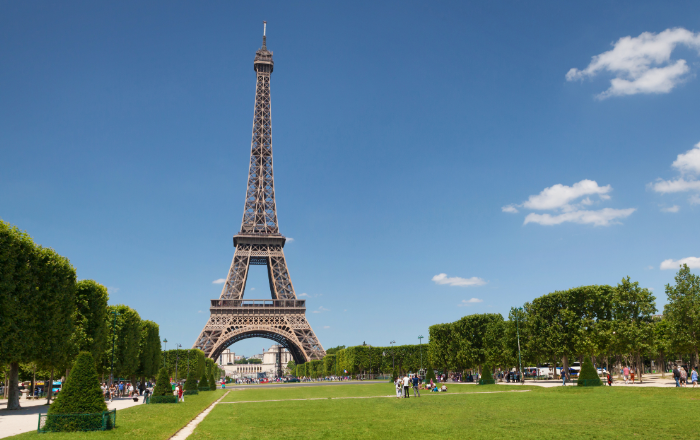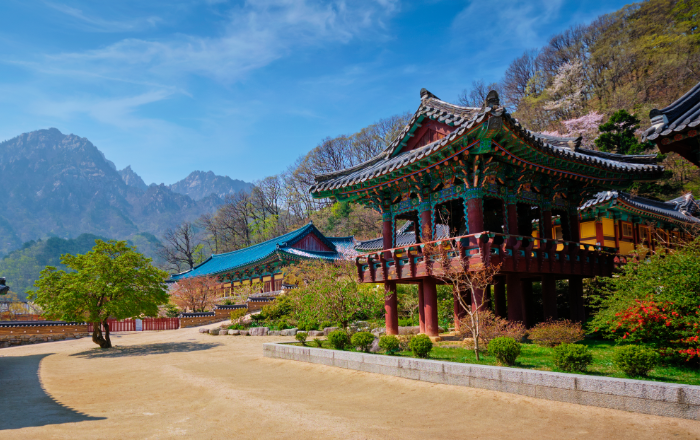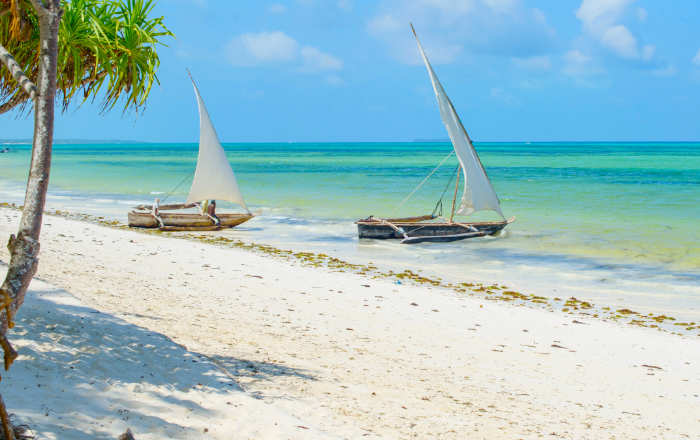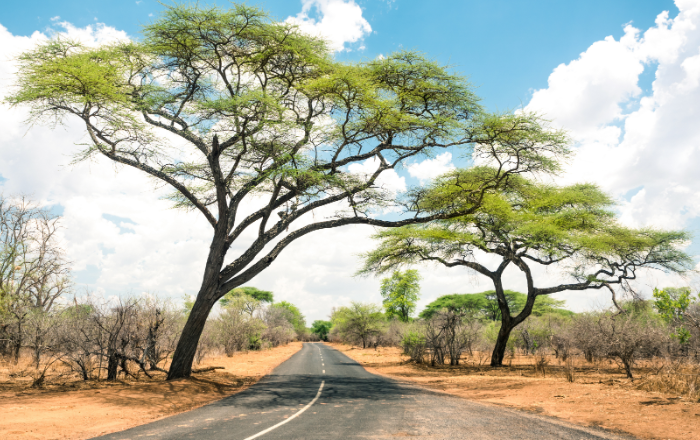Flight tickets to Nigeria from South Africa
Abuja is the capital city of Nigeria.
It is located in the country's north-central region and is one of the fastest-growing cities in Africa.
Abuja was founded in 1976 and became the nation's political capital in 1991.
Read more
Getting to Know Abuja
The population of Abuja is estimated to be 3 million. Abuja is in the West Africa Time zone (WAT), which is one hour ahead of Coordinated Universal Time (UTC+1). According to the Nigerian National Bureau of Statistics, the population of Abuja was estimated to be 7,542,000 in 2018. The official language of Abuja is English. However, there are also several other Nigerian languages spoken in Abuja, including Hausa, Igbo, Fulani and Gbagyi. The currency in Abuja is the Nigerian Naira. Yes, there are cafes, restaurants, and currency exchange services available in the airport of Abuja. There are several on-site restaurants serving local and international cuisine, a selection of cafes offering snacks and drinks, and currency exchange desks located in the departure and arrival areas. The length of Abuja, Nigeria, is approximately 19.2 km long from north to south and 16.5 km from east to west. People are friendly, and most people speak English.Climate and Weather
The most comfortable weather in Abuja is during the months of October through March, when temperatures range from 14 to 25 degrees Celsius. The temperature in Abuja typically ranges from 20°C to 31°C (68°F to 88°F).Touring Abuja: Airport and Transportation
The average flight time from one destination to another in Abuja is about 25 minutes. The Abuja International Airport is the primary airport serving the Federal Capital Territory of Nigeria. Traveling from the airport to the city center by bus in Abuja generally costs about N200-N250 ($0.55-$0.69 USD). It is about 24 kilometers from the airport to the city center. Yes, it is possible to get from the airport of Abuja to the city center by taxi. There are several taxi services available at the airport with negotiated fares to the city center. It is known for its luxury hotels, its modern architecture, its low crime rate, and its numerous attractions including Zuma Rock, the National Mosque, the National Ecumenical Centre, Millennium Park, and many restaurants, entertainment centers and shops.Exploring the Rich History and Culture of Abuja
Abuja is a planned city and is known for its modern architecture and wide, orderly streets lined with tropical trees. Abuja houses some of the most important government institutions in the country, including the Nigeria National Assembly, the Supreme Court, and the Presidential Complex. The city also boasts a wide range of attractions such as Millennium Park, National Mosque, and Capital Hill. The main industries in Abuja are banking and finance, oil and gas, telecommunications, and transportation. The evenings tend to be cooler and breezier from April to September. Abuja is the capital of Nigeria. It is located in the town of Gwagwalada, bordering Abuja, the country's capital city. Traveling by car costs about N1500-N2000 ($4.10-$5.47 USD) and takes about 20 minutes. ? Abuja is the capital city of Nigeria and it was built in the early 1980s. 1. The fabulous Abuja National Mosque is the largest of the 30 mosques in the Federal Capital Territory of Abuja. Constructed in 1984 and completed in 1987, the architectural beauty of the mosque reveals its important place in the city and the Islamic faith. 2. The iconic Zuma Rock is one of the most instantly recognizable landmarks in Nigeria. Located in the Niger State, just outside Abuja, the ancient monolith towers over the surrounding landscape. 3. Located in the City Center, Jubilee Park is one of the largest and most popular parks in Abuja. Visitors can attempt to scale the climbing walls, explore the variety of wildlife, or relax and take in the natural beauty of the park. The most popular place to visit in Abuja is The National Mosque of Nigeria. This iconic structure has attracted a lot of visitors over the years. It is also a great place to observe different religious ceremonies and practices. Other popular attractions in Abuja include the Zuma Rock, the Nike Art Gallery, the National Zoo, and the Gurara Waterfalls. Abuja is generally a welcoming place for tourists. Tourists are able to see the city's many cultural and historic attractions, as well as visit its beautiful parks and gardens. It is safe to explore Abuja, and the city's vibrant nightlife is a must-see.Check the weather before buying a ticket from Bloemfontein to Abuja
Q&As for booking flights from Bloemfontein to Abuja
How long is the flight from Bloemfontein to Abuja?
Approximately 8 hours and 35 minutes.
How far is the flight from Bloemfontein to Abuja?
The flight from Bloemfontein to Abuja is 4321 kilometers.
Which airlines fly direct from Bloemfontein to Abuja?
At the moment, there are no airlines that offer direct flights from Bloemfontein to Abuja. However, there are a few airlines that offer indirect flights with just one stopover. Some of these airlines include South African Airways, KLM, and Ethiopian Airlines.
How many airports are there in Abuja and what are their official names.
There is only one airport in Abuja, and its official name is Nnamdi Azikiwe International Airport.
How many flights are there a week from Bloemfontein to Abuja?
There is one flight a week from Bloemfontein to Abuja.
When is the cheapest time to buy a ticket from Bloemfontein to Abuja?
The cheapest time to buy a ticket from Bloemfontein to Abuja is 11 days before departure.
How can i get from the main airport to downtown in Abuja and how much does it cost?
There is no public transportation from the Abuja airport to the city center. The only way to get there is by taxi, which will cost around 2000 NGN.
